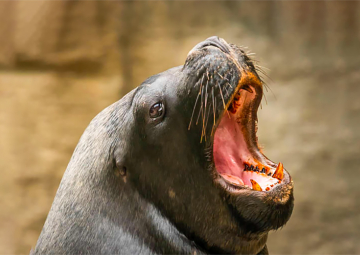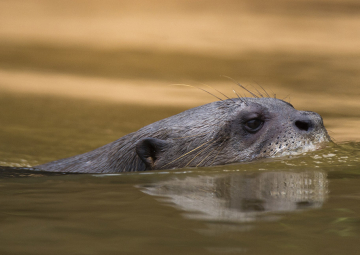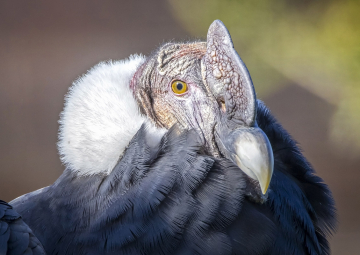GENERAL
Why do we train?

In order to ensure a high standard of animal quality of life, it is necessary to understand the welfare factors, not only of a single species, but of each individual.
Thanks to the collaboration of a team of experts, composed of caregivers, biologists and veterinarians, it is possible to create a training and enrichment program aimed at monitoring the state of well-being and maintaining optimal health conditions (mental and physical) of each individual.
Relationship of mutual trust
In order for an animal keeper to be able to involve an animal in any daily activity, it is necessary to establish a relationship of mutual trust. The implementation of this relationship is possible thanks to training.
Through a modern training system called "operant conditioning", we try to make the most of the natural and acquired capacities of each animal, rewarding all its positive behaviors and ignoring the failures.
Reinforcements are presented as food, but also as games, petting and everything for which the animal shows preference.
Training is the key to the animal’s voluntary collaboration and allows caregivers to manage, in a safe and calm way, any type of activity that is routine or extraordinary.
Medical behaviors, through training, allow us to work on preventive medicine. This means that animals are gradually being taught to maintain certain positions which allow veterinarians to carry out regular checks in order to keep their state of health under control.
Medical examinations (including blood samples, ultrasounds, daily medications, etc.) are carried out with the full collaboration of the animals, reducing any kind of risk and stress.
In addition, the value of training for those species for which social interactions and mental stimuli are fundamental to their well-being must be taken into account.
There are many other reasons to train:
- Physical exercise: animals need to be physically active.
- Mental stimulus: animals have the need to keep the mind always busy.
- Research: collection of samples and recording of data, in collaboration with universities.
- Education and conservation: animals in a controlled environment are "ambassadors of their species in nature".
A trained animal is a more mentally stable animal, as it is aware of the environment around it and can choose whether to cooperate or not. Therefore, training requires patience, perseverance, determination and time. We will thus be able to overcome many obstacles in the handling of animals.
And remember, if it’s possible… WeZooit!


















